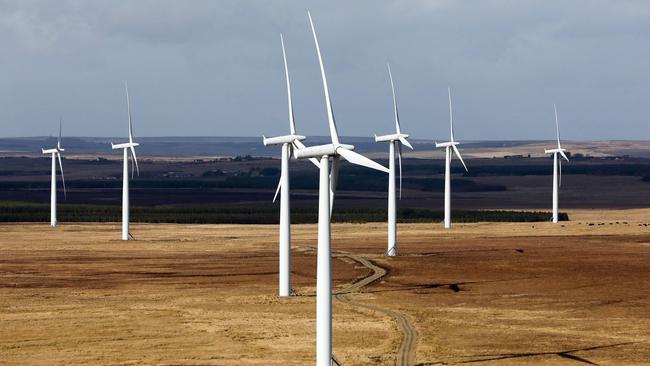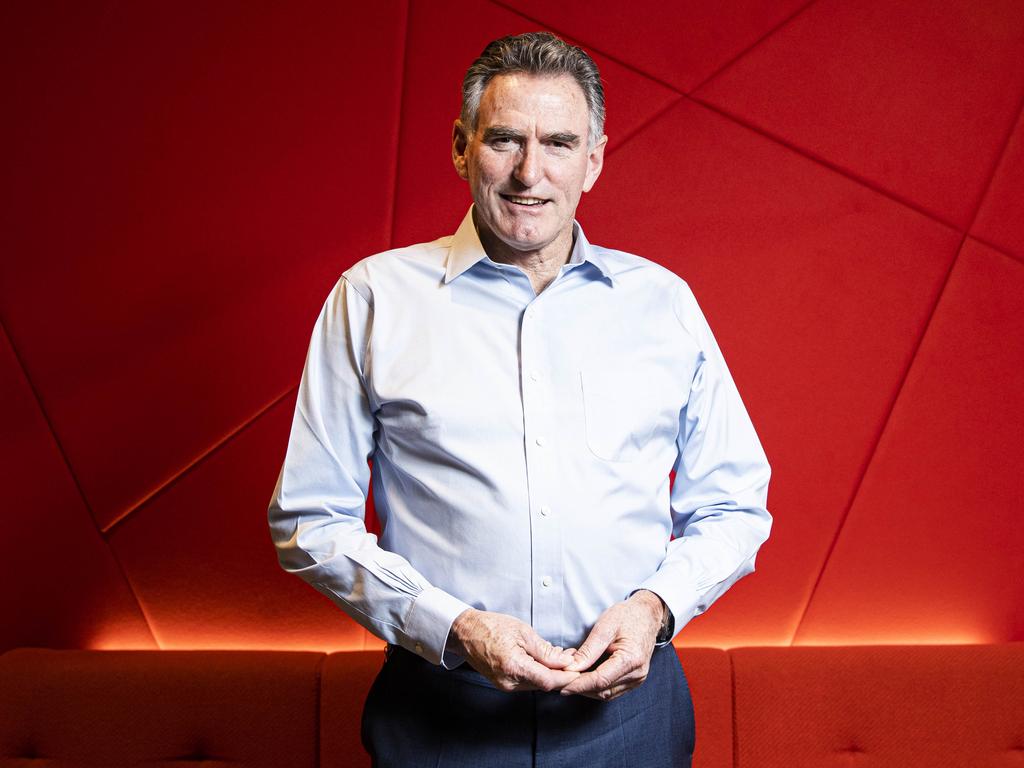Workers must be protected in Australia’s race to net zero
As parties not necessarily making the decisions, but very much affected by them, workers are central to ensuring that our clean transition remains just and equitable. Indeed, it is the workers who can accelerate this transition if adequately supported, or halt it in its tracks if there is no trust in a secure future.
The reality remains that rather than tackling our clean transition directly, we have continued to invest in fossil fuel projects in the belief that we can simply buy our way back to below 1.5C. This is not possible.
While we continue to invest in fossil fuels, we not only risk irreversible damage to our planet, but we continue to fuel inflation and amplify the pressures on our already-fragile energy system. In fact, fossil fuels are worsening our current cost of living crisis.
However, this can be just a short-term blip if we get the balance of action right over the next five years. Recognising the precariousness of our situation, we must be cognisant that the ability to achieve a truly just transition is increasingly challenging and more costly with time. We need a society-wide transformation to an economic framework that has people and the planet at the heart of it.
With this, we can create a resilient economy that provides the quality jobs and social protections essential to a strongly functioning society. This is not an insignificant action, but we cannot afford to delay it any longer. When we consider how we practically approach a just transition, we must recognise three key actions central to its implementation.
First, we need consultation and agreements in place with the workers impacted by our transition away from traditional carbon-intensive energy and manufacturing processes, and we need to ensure their communities continue to thrive.

Second, we need to focus investment away from fossil fuels, and towards the new and emerging sectors to continue generating the multitudes of jobs forecasted.
And finally, we need to ensure that we provide the appropriate support systems for the workers and communities who will be impacted by this transition, ensuring re-skilling and redeployment support to capitalise on the new opportunities offered.
By prioritising these three core principles at the heart of every decision we make moving forward, we can ensure that workers and their unions are involved, and form an integral part of this transition.
By listening to the workers, we ensure trust and confidence in the transition: we provide the opportunity for these communities to participate and actively shape and remake their futures and ours for the health of the planet, and its coming generations.
The new federal government has the tools to shape this transition into the success that it needs to be for our planet’s future, and I urge them, and businesses alike, to look towards countries like Scotland, Canada, Sweden and Germany.
These are wealthy countries, in positions not dissimilar to Australia’s, which are having really constructive dialogue around the exit of coal, the production of clean steel and other manufacturing, as well as putting the systems in place to facilitate this.
Following these countries’ example, the government should consider a Just Transition Authority, to ensure that the rights of the workers are protected throughout the transition – and one that is well entrenched in parliamentary, legislative, corporate and community life.
As part of this, investments need to be made in the frameworks that will re-skill these workers for our future success, ensuring that they are not left behind.
We are in an unprecedented time, on the verge of cataclysmic planetary disaster. Yet we also have all the necessary tools at our disposal to use this as an opportunity to rebuild our society into a more just, and equitable model.
Sharan Burrow is the general secretary of the International Trade Union Confederation. She is a former president of the Australian Council of Trade Unions.






As the world heads towards net zero emissions, attention must increasingly turn to how we secure the future employment of workers impacted by this transition.